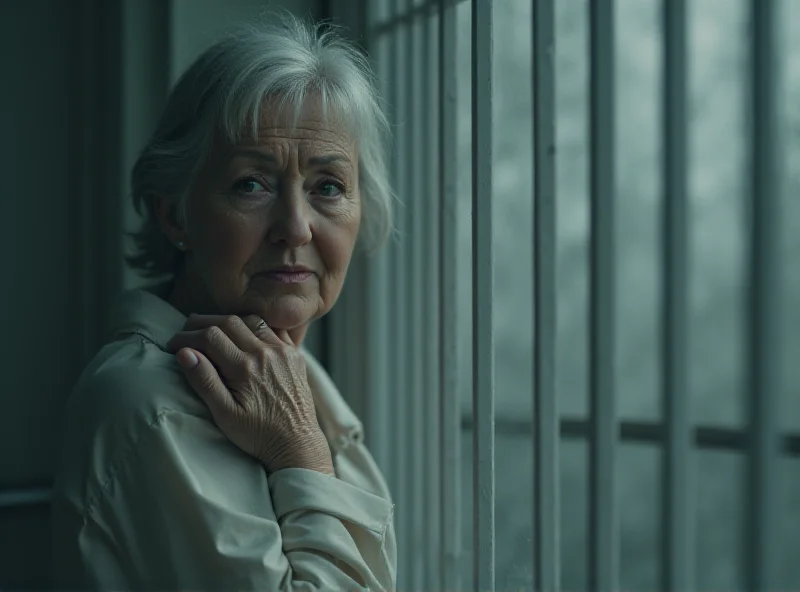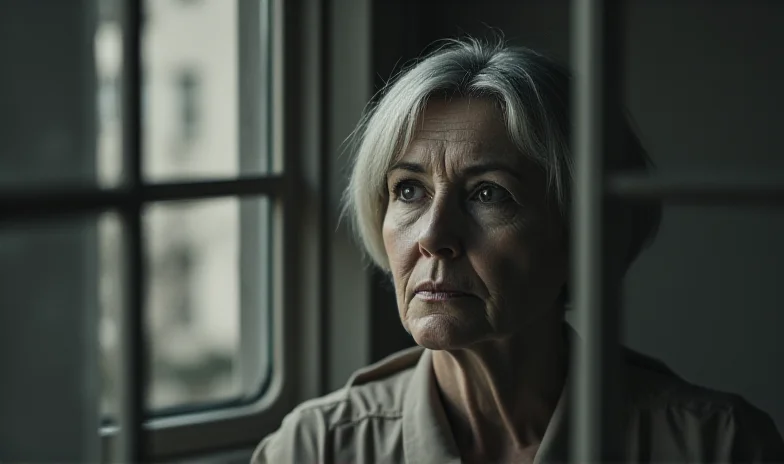The story of Kasibba is a heartbreaking reminder of the vulnerabilities faced by individuals with disabilities, particularly those without a strong support system. For 45 long years, Kasibba, a non-verbal autistic woman, was wrongly detained in a mental health hospital. With no family to speak for her, she became one of hundreds who were unjustly confined, a victim of a system that failed to protect her rights and well-being.

A Systemic Failure
Kasibba's case exposes a deep-seated issue within the mental health care system: the wrongful detention of vulnerable individuals. Without proper advocacy or representation, people like Kasibba can become lost in the system, their voices unheard and their needs unmet. This highlights the critical need for robust oversight and safeguards to prevent such injustices from occurring.
The fact that Kasibba was non-verbal further compounded her challenges. Unable to communicate her needs or advocate for her release, she was entirely dependent on the system to act in her best interest. Sadly, the system failed her, resulting in decades of unnecessary confinement.
The Importance of Advocacy
Kasibba's story underscores the vital role that family and advocates play in protecting the rights of individuals with disabilities. Without someone to speak on their behalf, vulnerable people are at a significantly higher risk of being mistreated or overlooked within institutional settings. It's a stark reminder that proactive advocacy is essential to ensure that everyone receives the care and support they deserve.

Lessons Learned
While Kasibba's case is deeply troubling, it also presents an opportunity for reflection and reform. By examining the systemic failures that led to her wrongful detention, we can work to create a more just and compassionate mental health care system. This includes strengthening oversight mechanisms, providing better training for staff, and ensuring access to independent advocacy for all individuals with disabilities.
“This case serves as a powerful reminder,” says a mental health advocate, “that we must remain vigilant in protecting the rights of the most vulnerable members of our society. We must never allow such an injustice to happen again.”

Kasibba’s story is a call to action. It’s a call to advocate for those who cannot advocate for themselves, to challenge systemic injustices, and to ensure that everyone, regardless of their disability, is treated with dignity and respect.
